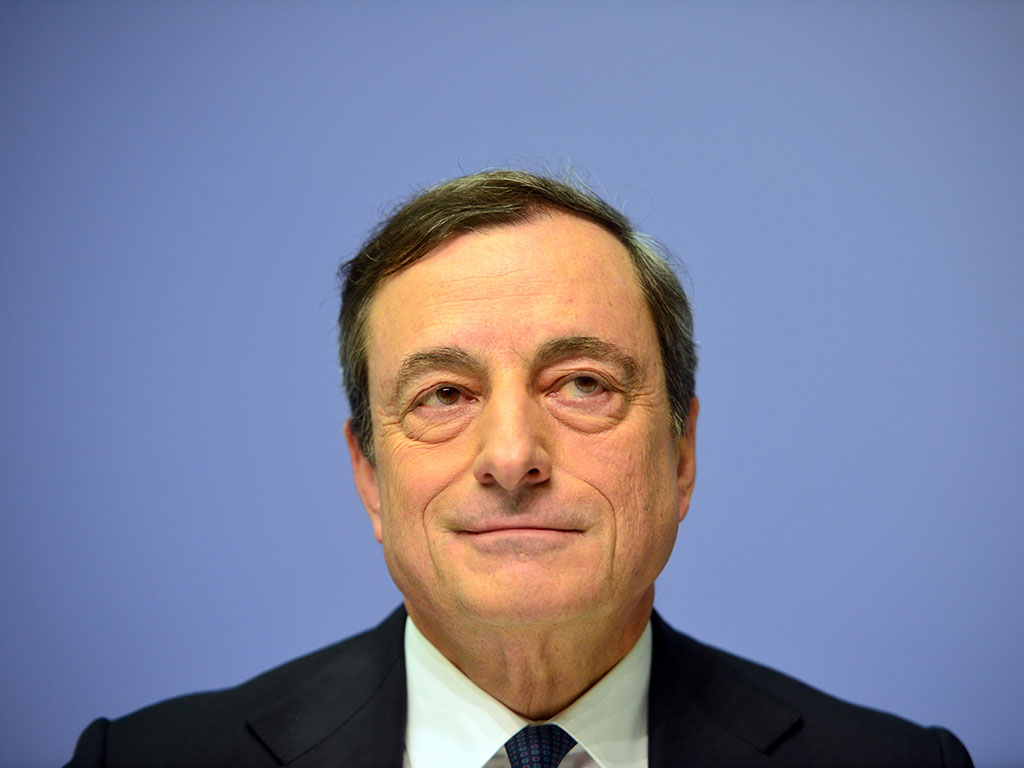
On November 20, Mario Draghi unveiled the European Central Bank’s plans to quickly boost the Eurozone’s inflation rate. The speech, which was made at a conference in Frankfurt, strongly indicated that a new stimulus package would soon be introduced in order to prevent inflation falling even further below the two percent target. It is likely that the new measures will be announced in full on December 3.
Concerns have been mounting in regards to the Eurozone’s persistently low inflation rate of 0.1 percent
Concerns have been mounting in regards to the Eurozone’s persistently low inflation rate of 0.1 percent, particularly given the region’s stagnant economic growth and low oil prices. “If we decide that the current trajectory of our policy is not sufficient to achieve that objective, we will do what we must to raise inflation as quickly as possible,” Draghi said during his speech, according to Bloomberg. “In making our assessment of the risks to price stability, we will not ignore the fact that inflation has already been low for some time.”
Hitting back against the criticism received for the ECB’s quantitative easing (QE) programme that was introduced in March, Draghi spoke of its success in reducing corporate loan costs. Moreover, the ECB President explained how QE could be expanded further to help boost inflation and provide further economic stimulus through a reduction of its deposit rate. At present, the -0.20 point deposit rate is successfully encouraging banks to lend capital, as opposed to accruing reserves at central banks. An extension to the ECB’s asset purchase package beyond its current deadline of September 2016 is also expected.
“Low core inflation is not something we can be relaxed about, as it has in the past been a good forecaster for where inflation will stabilize in the medium-term,” Draghi is quoted as saying. “While core industrial goods will receive support from the depreciation of the euro, an increase in core services inflation – today close to an all-time minimum –- will depend on rising nominal wage growth. For that to pick up, the economy needs to move back to full capacity as quickly as possible.”

